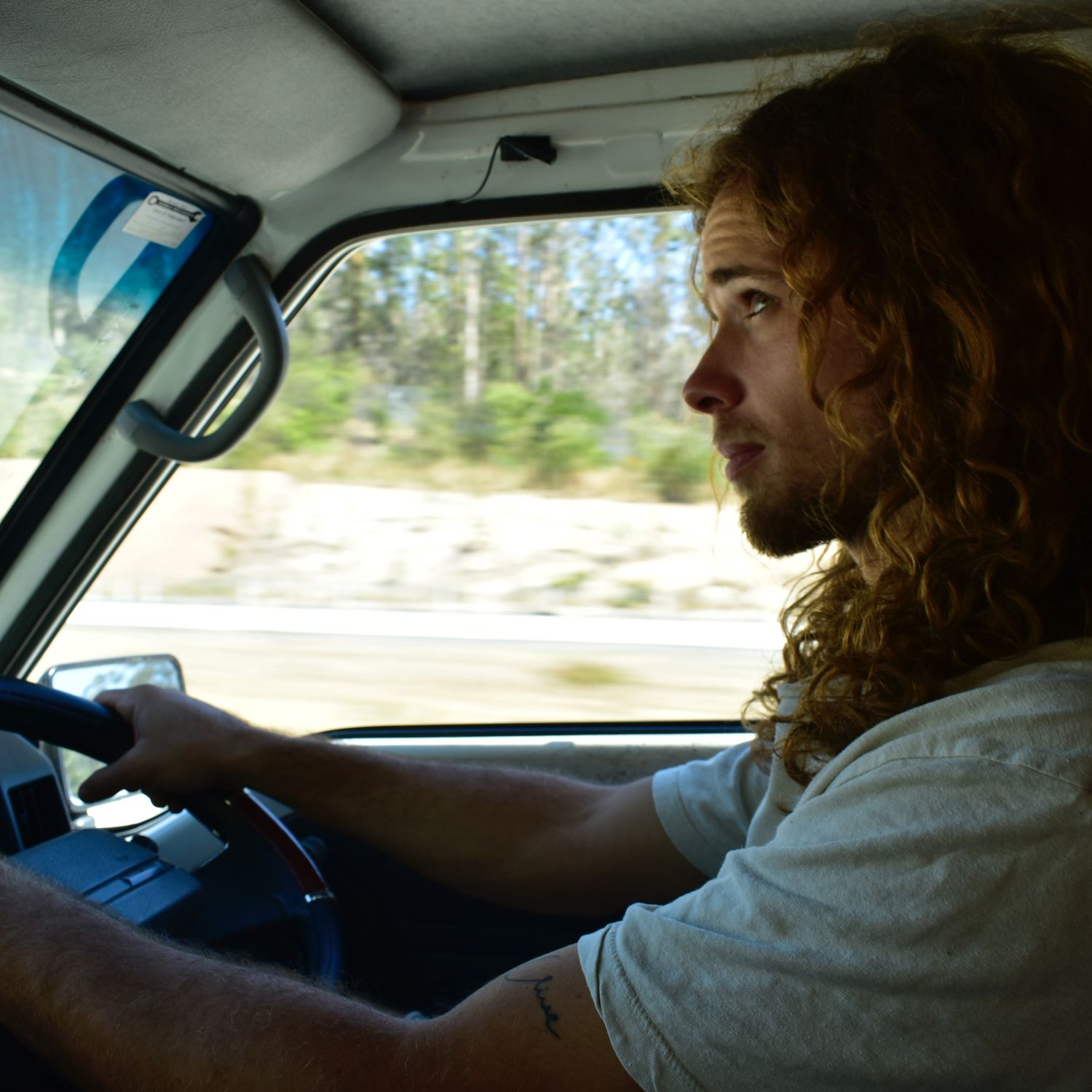Rehab classes required for drug-drivers
In recent news, new plans for those caught drug-driving. According to a Sky news report new measures will be put in place to make rehabilitation classes mandatory for those convicted drug-driving if they want to be allowed to drive again.
The report states almost 44% of people who were convicted of drug-driving in 2019 reoffended. The Transport secretary Grant Shapps formed the proposal after concerns over reoffending. This was after data had been shown highlighting more than 12,000 convictions for drug-driving in 2019.

Mr Shapps said: "Drink-driving is now rightly seen as a social taboo by most of us in this country and we have worked hard to drive down drink-drive related deaths.
"But if we are to make our roads safer still, there is no room to be lax on drug driving, which is why I have launched this call for evidence today.
"It's only right that drug drivers must undergo rehabilitation before getting back behind the wheel, helping protect the public from this hidden problem and stamping out drug driving for good."
Nicholas Lyes, who is the head of roads policy at the RAC, welcomed the proposals, saying that drug driving "ruins lives and threatens the safety of all road users".
At the moment in the UK, people who are convicted of driving intoxicated with drugs are handed a fine by the courts, prison sentence or driving ban. Rehabilitation isn’t a requirement or on offer unlike those caught drink-driving.
When assessing the likelihood of someone reoffending after taking part in a drink-driving awareness course, the department of transport found that non-attendees are twice as likely to reoffend within three years.
In the UK, it is an offence to drive impaired by drugs and it is illegal in Britain to drive with certain banned drugs, such as cocaine or cannabis, in your system.

Rehabilitation is there to help those who need and want to make a change. Drug-driving is never acceptable but for those who have made a mistake the option for rehabilitation courses would be a positive change.
Rehab programmes can help change people’s lives around – although there is evidence to show that only those who are willing to give their all to the programme are successful. If these rehabilitation courses are forced upon everyone, not every offender will be responsive in a positive light. It could also pose more costs for the government and health sector to provide these courses.
It is about seeing who would really value these classes and who would use them as an easy way out.
But is this a step in the right direction or is it a step back?